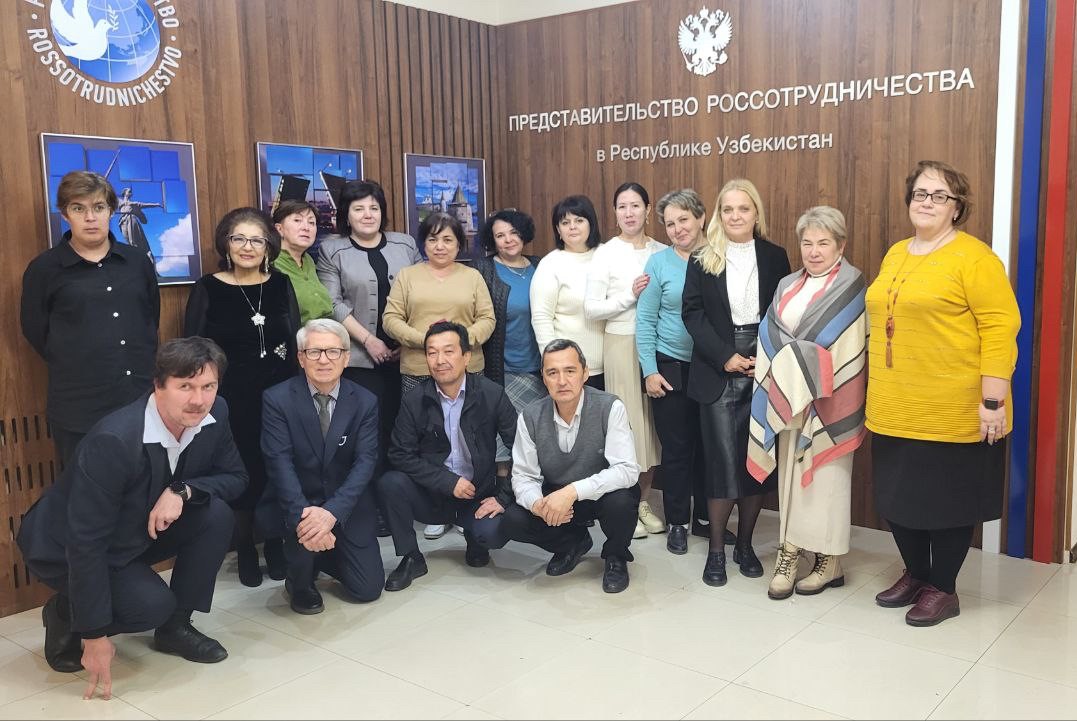
HSE University Conducts CPD Programmes for Teachers from Kyrgyzstan and Uzbekistan
HSE University develops and supports talents not only in Russia, but also abroad. For many years, the International Admissions Office has been organizing activities to attract high-achieving foreign applicants, as well as to improve the qualifications of teachers from partner schools. Among the meetings recently put together by HSE University are continuing professional development (CPD) programmes for teachers from Kyrgyzstan and Uzbekistan.
.jpg)
‘The Process was Challenging, yet Well-Organised’
Samuel Okai, 28, from Ghana, is a master's student of Strategic Corporate Finance in his final year at the HSE Faculty of Economic Sciences, majoring in assets pricing. In this interview, he shares his admissions experience and speaks about learning at HSE University, while offering some tips for those ready to succeed in their studies.
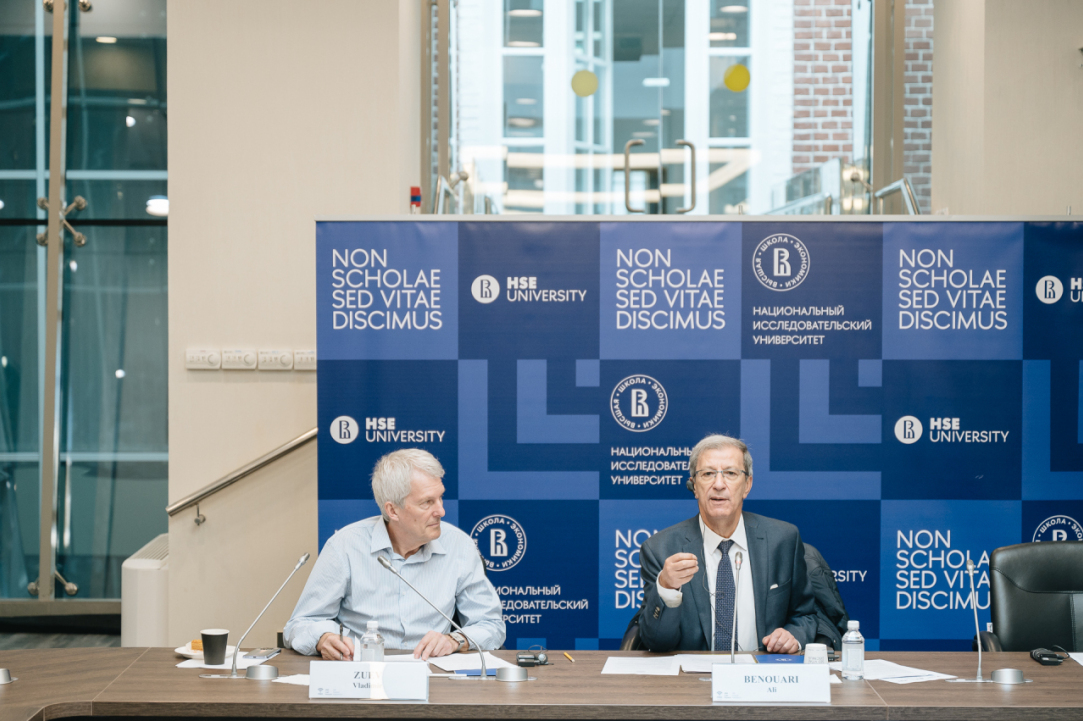
Creating a New International Monetary Order: Experts Discuss Financial Issues of BRICS Countries at HSE University
On April 10th, 2024, a strategic session on monetary and financial cooperation among the majority of world countries was held at HSE University. The event was organised by the BRICS Expert Council–Russia. The main expert at the session was Ali Benouari, formerly holding positions as Algeria's Minister of Treasury and an expert at the Committee on Public Debt, now an advisor to Algeria's Ministers of Finance and Economy.
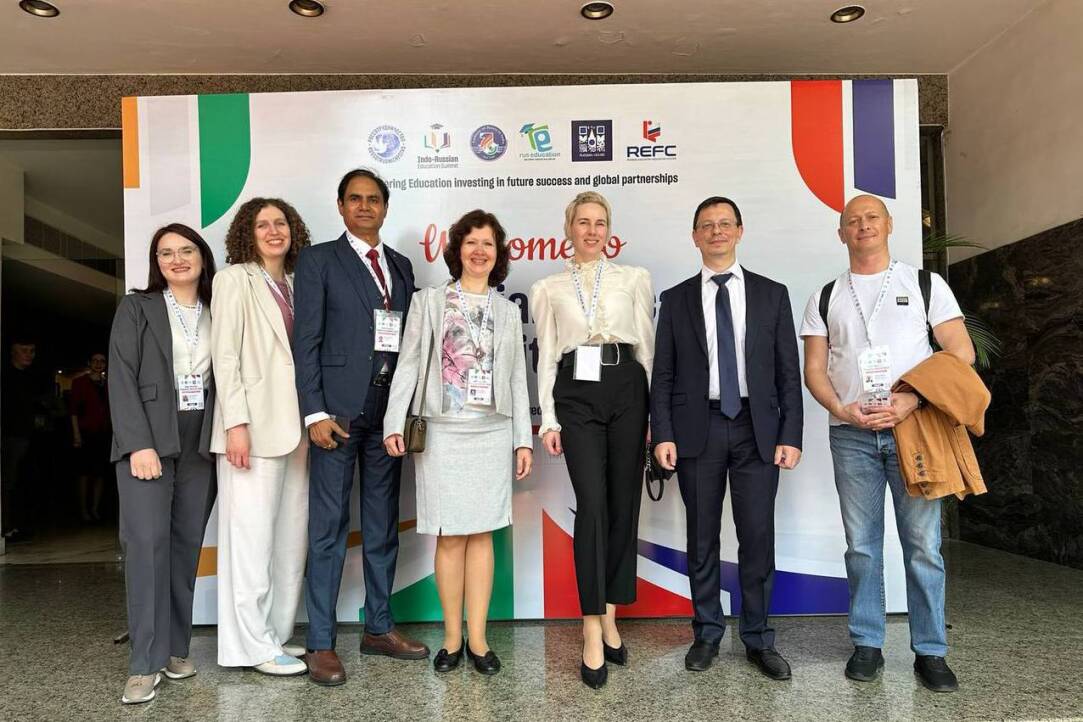
‘The Purpose of Cooperation between HSE and Indian Universities Is a Brighter Future for Our Countries’
On April 11, the Indo-Russian Education Summit, uniting universities in Russia and India, opened in New Delhi. The opening ceremony was attended by Denis Alipov, Russian Ambassador to India, Denis Gribov, Deputy Minister of Education of Russia, Pavel Shevtsov, Deputy Head of Rossotrudnichestvo, as well as representatives of Indian and Russian universities, including a delegation from HSE University.
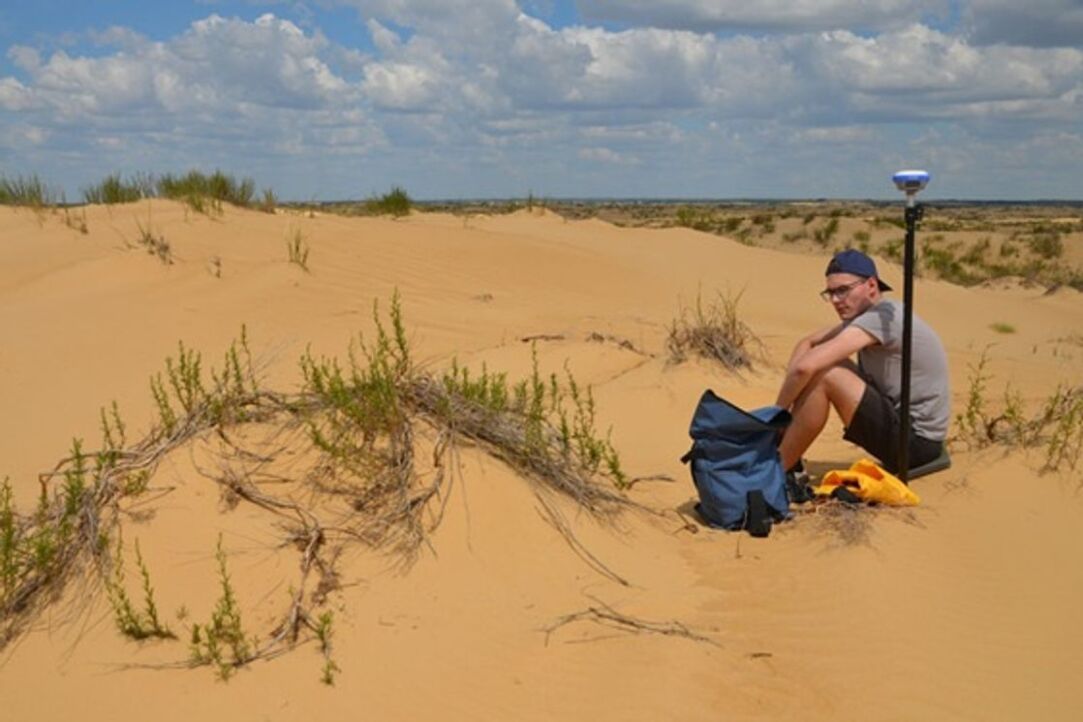
HSE University Launches Master's Programme in Spatial Data and Applied Geoanalytics
HSE University’s Faculty of Geography and Geoinformation Technology is launching a Master’s programme in Spatial Data and Applied Geoanalytics. The first enrolment will take place in 2024. It is aimed at training specialists who are proficient in modern tools for working with geodata and geoanalytics to make high-quality management decisions in business and public administration.

Stella Art Foundation Exhibition Featuring Works of HSE Art and Design School Teachers to Last until May 26
The Stella Art Foundation has launched the exhibition 'About All the Things That Live There’ by Curator of the Master’s track ‘Video Art’ at HSE Art and Design School Alexandra Mitlyanskaya, Coordinator of the ‘Photography’ track at HSE Art and Design School Evgenia Solomatina, as well as artist Nina Kotel. The project is curated by Alexey Korsi.
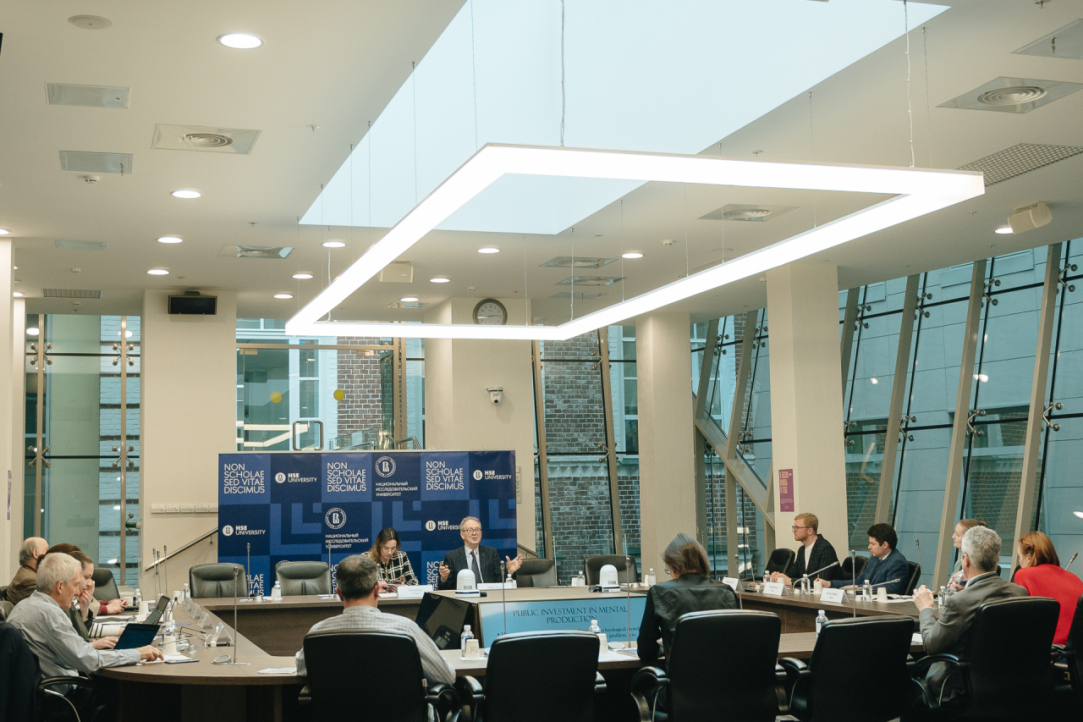
Intellectual Property Issues in the Framework of BRICS Discussed at HSE University
On April 8, a roundtable discussion entitled ‘Intellectual Property on the Rise: How to Maximize Its Positive Impact and Avoid Hazards’ took place at HSE University in Moscow. The participants included Victoria Panova, HSE Vice Rector and Head of the BRICS Expert Council–Russia, andAlan Freeman, Co-Director of Geopolitical Economy Research Group at the University of Manitoba; Secretary of Geopolitical Economy Research and Education Trust; Co-Editor of Geopolitical Economy Book series, Manchester University Press.
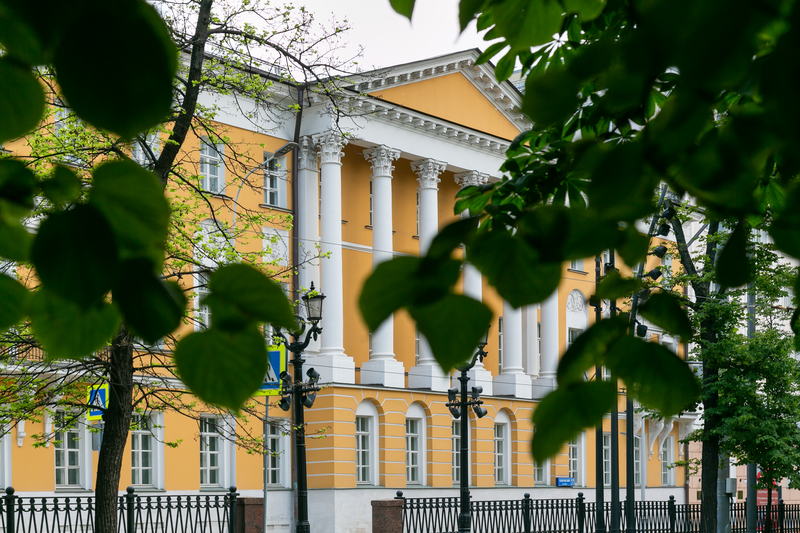
'The Teams Engaged in The New Projects Have Every Opportunity to Achieve Exceptional Scientific Outcomes'
HSE University has announced the results of the first Competition of Joint Basic Research Projects 'International Academic Cooperation' held from December 11, 2023, to April 8, 2024. Highly successful research teams at HSE University, having extensive experience in collaborating with international partners, took part in the competition. A total of 25 applications were submitted from departments across HSE University's campuses.
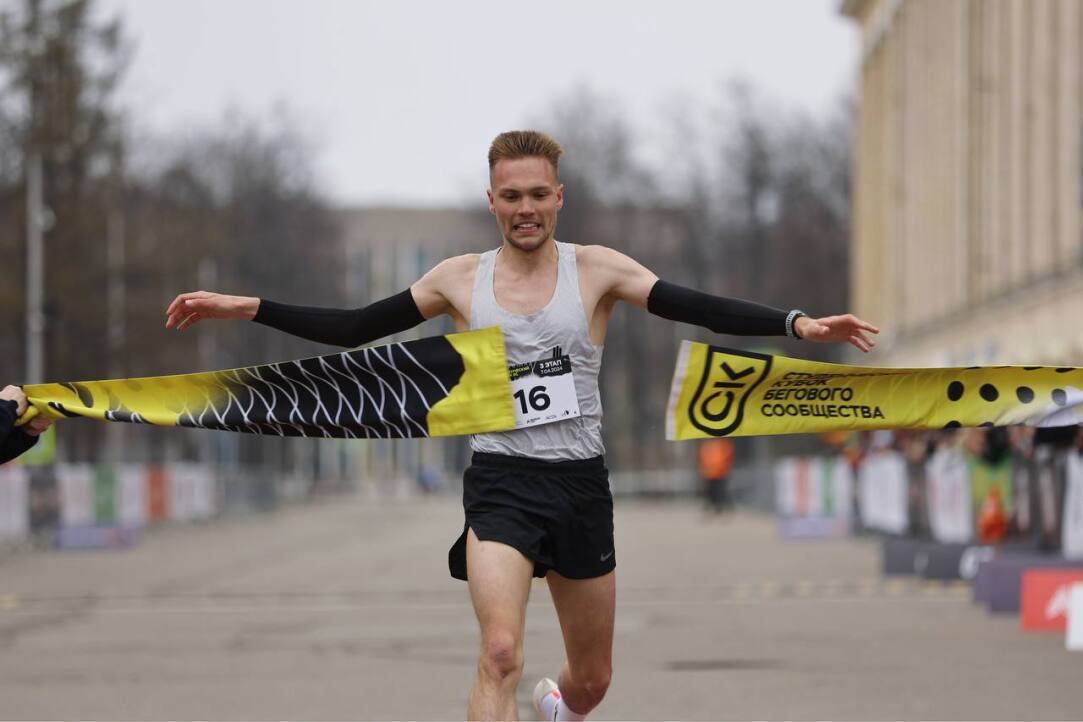
‘Congratulations to Our Champion on His Victory’: HSE University Takes Part in Moscow Race
On April 7, university students and staff took part in a major Moscow race named April. Maxim Liksakov, a student at HSE University, managed to set a new competition record and win first place. HSE University Rector Nikita Anisimov, who also took part in the competition, congratulated Maksim on his victory.

‘The Goal of the Contest Is to Select Bold Ideas Aimed at Fostering a More Equitable Global Development’
HSE Vice Rector, Head of the BRICS Expert Council–Russia and Co-chair of the BRICS Civil Forum Victoria Panova, and Dean of the HSE Faculty of Humanities and Chair of the Contest Jury Felix Azhimov, announced the primary objectives of the contest, its format and potential participants during a press conference at TASS. Nationals from the BRICS countries, aged 18 to 45, are eligible to apply for participation in the contest. The jury will select ten winners, three of whom will be given the opportunity to attend the BRICS Civil Forum in Moscow in person.


Submission Deadline: December 20, 2025